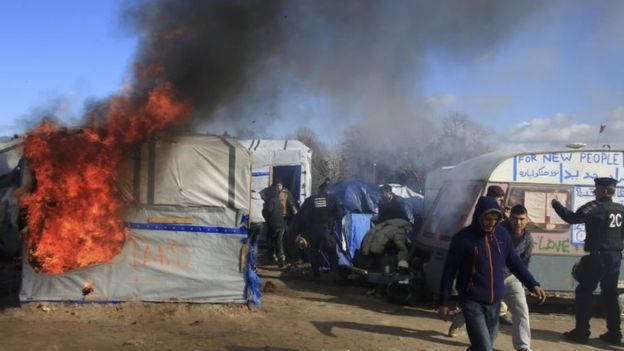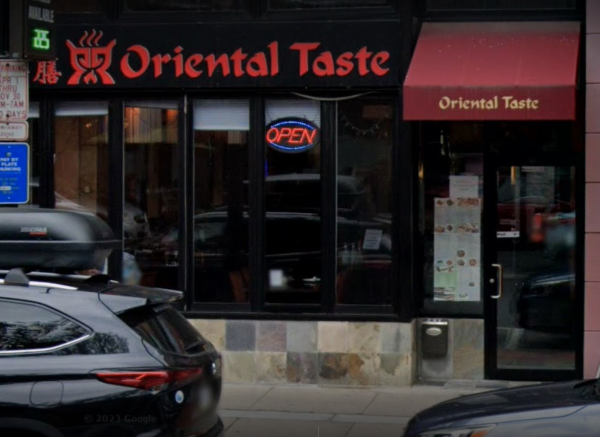Troubles Continue at French Refugee Camp
Hundreds of refugees from countries such as Afghanistan, Syria, Sudan, and many other war torn places were taken to temporary housing throughout France on Monday October 24. The French government has set up a plan to clear the sprawling migrant camp, located in the port town of Calais.
The camp, referred to as the “Jungle,” was home to between 6,000 and 8,000 people before the relocation began, according to an October 24th New York Times article. This camp has repeatedly disrupted traffic in and out of the Channel Tunnel as the residents tried to smuggle themselves onto cargo trucks going to Britain. Now that there is a barbed wire fence up around the encampment, fewer attempts to flee have been made.
Some of the towns and villages meant to support these 451 reception centers (which consist of abandoned barracks, hospitals, and disused government vacation camps) have been demonstrating against their entry in recent weeks according to an October 25th CNN article, but the migrants are not aware of this.
Because of this, many humanitarian groups have tried to slow the closing of the camp but have been silenced by the government’s recent statement that the plan is a “humanitarian intervention.”
According to the Interior Ministry of France, many of the inhabitants will be eligible for international protection but some will be expelled.
It is unclear when the settlement will be demolished. Some inhabitants are determined to stay, fearing what the future holds. A few skirmishes with riot police occurred on Monday night. Stones were thrown at officers who retaliated by firing tear gas into the crowd.
Another major problem faced in the efforts to relocate are the 1,300 unaccompanied children living in the “Jungle,” as stated by Save the Children. Officials fear that many will go missing once demolition starts. At this point, only 217 of these minors have been reunited with relatives in Britain.
The camp has become a constant reminder of Europe’s inability to deal with the growing migrant crisis. “It’s a very bad situation here,” said Hassan Jibril from Sudan in an October 24th New York Times article. “We are ready to leave.”












